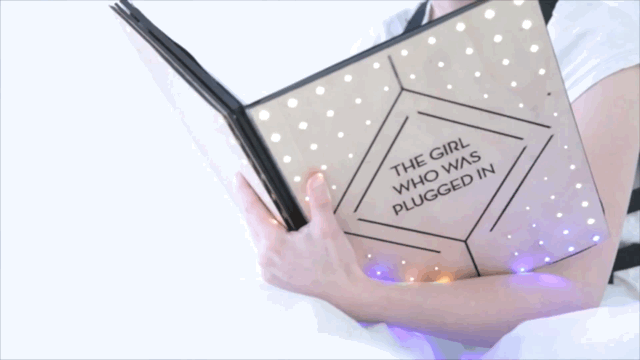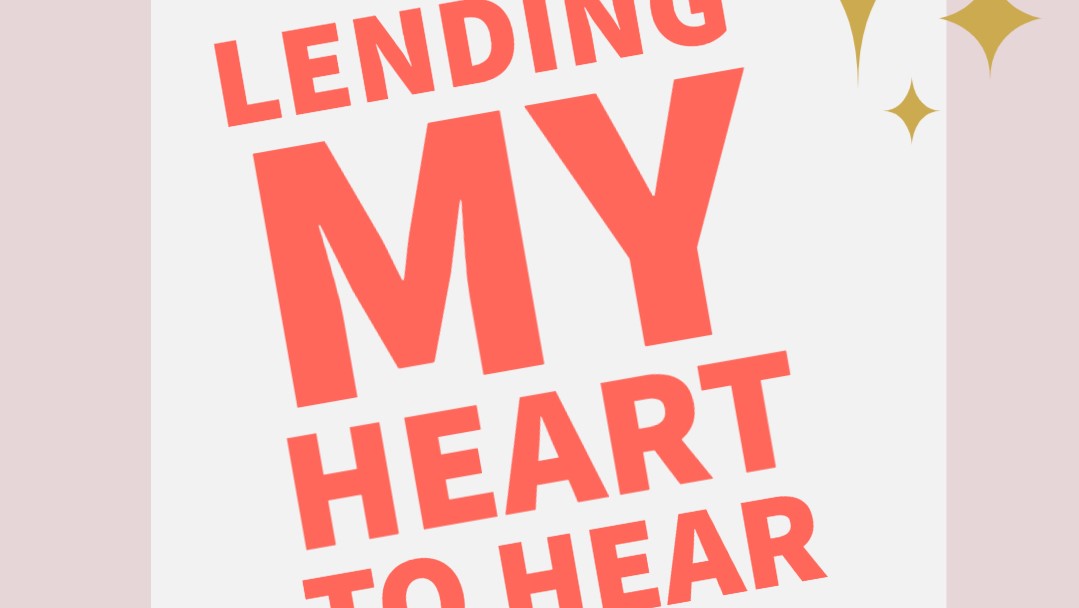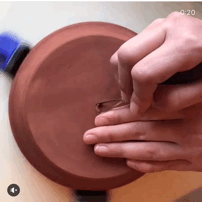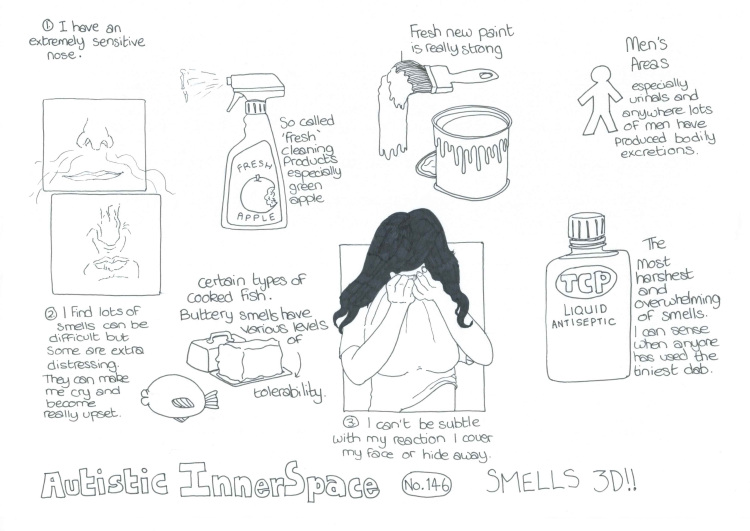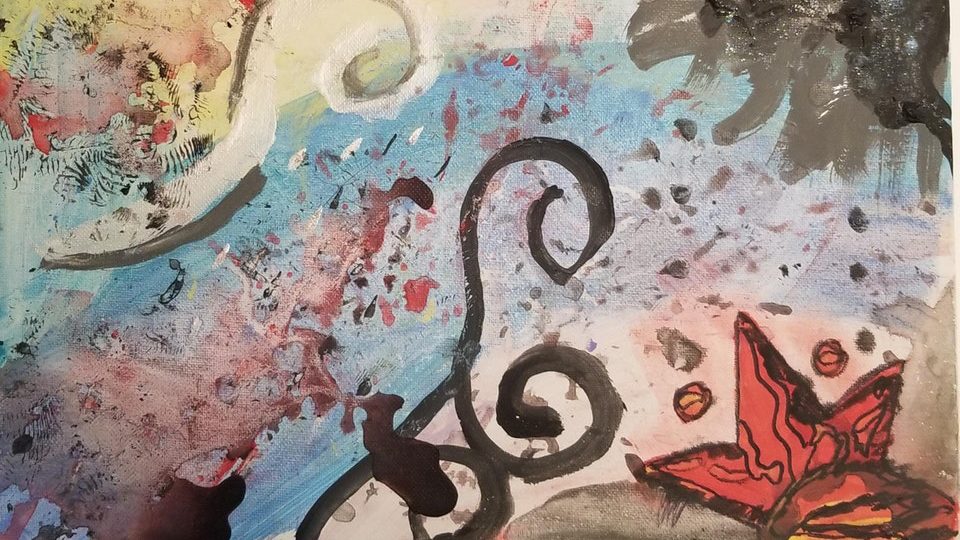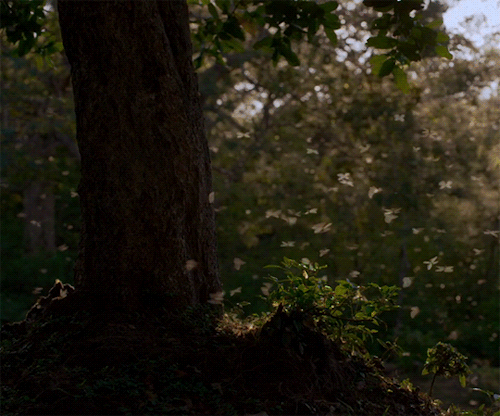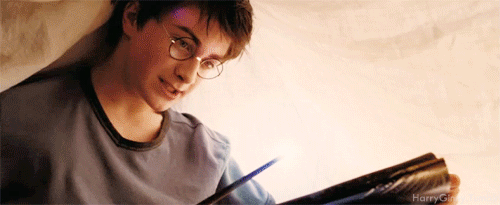Summer is for exploring… These pages have helped organize and plan our summers for a few years now. They are a place to put all the thoughts and emotions that go into creating a fun and growth-centered season. It gets developed a little more each year and includes new original artwork from the year before. Drop a review if you liked it! 188 pages of hard-won quarantine work is ready for summertime! You already know a lot about where you’ve […]
Wearable sensory books bring words into your body, “Flow in Place” sound art opens at the Berkeley BART Plaza, why fun-scary experiences are so thrilling, and venues get on board with sensory inclusion solutions
“The Massachusetts Institute of Technology has taken the idea of sensory fiction several stages further and offers a Science Fiction to Science Fabrication course. Using a range of sensors and tools, part of the studies include building a wearable connected book contraption in the form of a strap-on vest. This allows the reader to get fully in contact with the character’s emotions and physical states for a genuinely immersive reading experience. Selected passages trigger vibrations to influence heart rate, and […]
A narrated sensory story for whole body listening: “Lending My Heart to Hear”
How do I learn everything I can when someone is telling a story? Why is listening is important? Who will notice when I am ready? How I can listen with my whole body? This sensory story will show me a way. “Lending My Heart to Hear” My ears are hearing and my eyes are watching. My mouth is quiet and my body is still. This is how my heart can open and be filled with thoughts from another teller’s story. […]
Author Kaite O’Reilly challenges normalcy with characters, the Steinhardt Museum of Natural History in Israel is a visually open design to gardens, and pottery wheel curlicues
“Instead of combusting, O’Reilly embarked on the D-monologues, which is made up of lots of conversations with disabled people. “I don’t take people’s stories, it feels too much like theft,” O’Reilly explains. “Instead I took people’s hopes, fears, thoughts, lived experiences, and used them to inform a fictional monologue. There are lots of different opinions: some people say ‘I’m not disabled, I don’t want to be called disabled’ because they may have a very different perspective from someone like me. […]
A synesthete explores London’s sounds, R & R is for routines and reinforcement, and an artist’s comics about Autistic Innerspace displays sensory triggers
“I can’t be subtle with my reaction. I cover my face or hide away.” — Helen, Autistic InnerSpace Comic No.146 Contents Selected Reads Sensory Entrancement Sensory Resources Chuckles + Daydreams Sources Discussion Comments
David Verdesi’s journey to discover sensory superhumans becomes a Coppola film, dyspraxia diagnoses stories, and perpetual sensory flight, fight, or freeze takes a toll
“It can result in leading oneself deeper in to a neurotic retreat and isolation in to those “oh-so-distracting pleasurable safe feelings” which one comes to cherish, finding solace in a perceived to be real yet still illusory sensation and feeling of “energy ” which is then equated with being spiritual or feeling good, without realizing that the momentary high leads nowhere concretely in term of actual mental and emotional growth, not to mention nowhere in term of genuine development. It […]
Dinosaurs apparently smelled flowers, nature sounds become a multi-million dollar industry, and a perspective shift in what students value in writers
“McKamey argues that the most important skill for a teacher is his or her ability to build trust with a student, which develops when students can sense that the educator is willing to hear their ideas, thoughts, and musings despite their challenges with grammar, low grades, or test scores in previous classes. This doesn’t mean that teachers need to cushion their feedback with fake praise, but it does mean, she thinks, that schools should help teachers develop skills to recognize […]
Presumptions of deficit can be damaging, embracing rather than masking autism can open the door for happiness, and piercing ASMR supercuts found in Harry Potter #takethemaskoff
“I have seen some autistic people argue that blaming society for our difficulties is shirking personal responsibility and that we should be aiming to ‘improve’ ourselves. This stance says a lot about their conceptualisation of autism: If one sees autistic people as deficient or lacking in some way compared to non-autistic people then it is understandable that one would believe that acting more like a non-autistic person is “self-improvement.” I do not see autism that way at all. All humans […]


